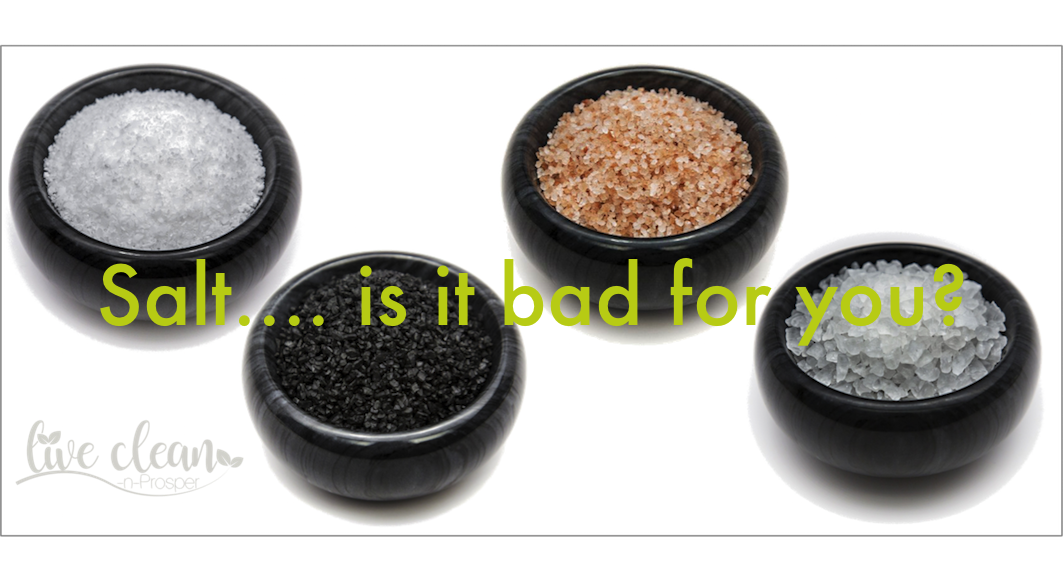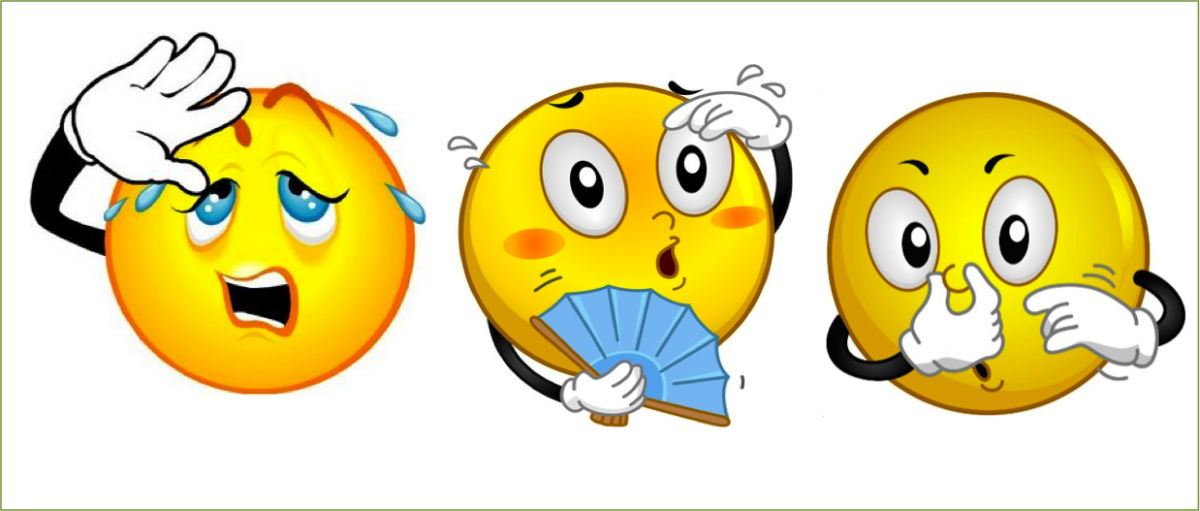Todays post is about alternative treatments for pain.
Last post I wrote about pain and the most popular medications used to treat pain. This time I thought I would look at some of the other treatments that are available to manage pain.
Traditionally, the first step in treating chronic pain has been medication, including strong painkillers such as opioids. But these drugs can be problematic. They can have serious side effects and there is always a risk for addiction when used long term.
Alternatives to medication for chronic pain exist. Pain treatments that doctors once scoffed at are now considered viable alternatives. Research shows that, when they’re included in a comprehensive treatment plan, they can be quite effective in lowering pain.
Together, these approaches to pain management often are referred to as integrative medicine.
However, not all alternative treatments work for everyone all of the time. Some alternative treatments may help with bad backs, osteoarthritis, and headaches, but have no effect on chronic pain from fibromyalgia or diabetic nerve damage.
Some of the most commonly used alternative treatments for chronic pain are; acupuncture, chiropractic, massage and relaxation therapy, yoga, herbal remedies and supplements.
Acupuncture
The use of acupuncture is thought to decrease pain by increasing the release of chemicals that block pain, called endorphins. Endorphins, along with other neurotransmitters, block the message of pain from being delivered up to the brain. Studies have found that it works for many conditions, including fibromyalgia, osteoarthritis, back injuries, and sports injuries.
Chiropractic manipulation
Chiropractic treatment is the most common non-surgical treatment for back pain. Research also suggests that chiropractic treatments may be helpful for headaches, neck pain, certain arm and leg conditions, and whiplash.
Massage
Massage can reduce stress and relieve tension by enhancing blood flow. It can also reduce the presence of substances that may generate and sustain pain. Several studies suggest massage can be effective as part of an overall strategy for managing chronic neck and back pain.
Relaxation therapy
This is actually a category of techniques that help people calm the body and release tension. Some approaches teach people how to focus on their breathing. Research shows that relaxation therapy can help with fibromyalgia, headache, osteoarthritis, and other conditions.
Herbal Remedies and Supplements
There are many conditions associated with chronic pain, so it’s hard to list all the possible herbal remedies that can help decrease pain.
Certain herbal remedies work well with certain conditions. Devil’s claw and White willow bark, for example, can decrease the joint pain and inflammation associated with rheumatoid arthritis. Primrose and Californian poppy may help ease chronic muscle pain associated with fibromyalgia.
Topical capsaicin, derived from chilli peppers, may help with arthritis, diabetic nerve pain, and other conditions. There’s evidence that glucosamine can help relieve moderate to severe pain from osteoarthritis in the knee
You still need to be careful taking herbal remedies and supplements, Some herbs can react badly with some medications. Always check with a health professional before taking any herbal remedies, especially if you have any medical conditions or take other medication.
Yoga
There is clinical evidence that yoga can help with chronic pain, specifically fibromyalgia, neck pain, back pain, and arthritis. The purpose of yoga is to help with relaxation. Yoga also improves the mind/body communication. The connection between body health and state of mind are well documented.
All of these treatments help control pain symptoms. To be most effective, they should be integrated into an overall treatment plan that includes conventional approaches to pain management, such as physical therapy, exercise and balanced nutrition.
As usual, different treatments work differently for each individual.
If you suffer from any type of pain, I hope that this information has been helpful.
(Sources – www.abc.net.au/health/. www.webmd.com.)
Till the next post,
Live clean n Prosper



